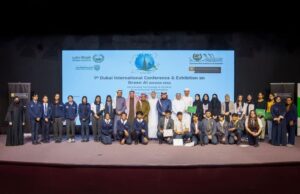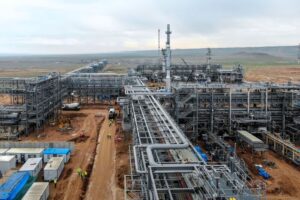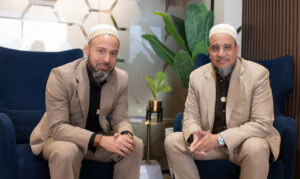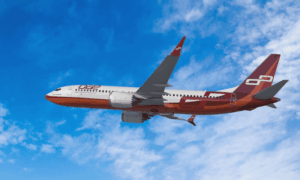Leaders of the Group of Seven (G7) nations gathered this Sunday in the scenic Canadian Rockies for a summit overshadowed by growing tensions with the United States. Host Canada is striving to maintain harmony amid widening splits with U.S. President Donald Trump over foreign policy and trade.
The three-day summit, taking place in the mountain resort of Kananaskis about 90 kilometers west of Calgary, comes as Prime Minister Mark Carney emphasizes priorities such as strengthening global peace and security, building critical mineral supply chains, and fostering job creation. However, contentious issues, including U.S. tariffs on steel and aluminum, as well as ongoing conflicts in the Middle East and Ukraine, are expected to dominate the discussions.
The summit arrives against a backdrop of strained relations with the U.S., particularly following Israel’s recent barrage of strikes across Iran, a development seen as a setback to President Trump’s diplomatic efforts to prevent military escalation in the region.
Recalling the 2018 G7 summit, where Trump abruptly left early and publicly criticized then Canadian Prime Minister Justin Trudeau, tensions remain high. Roland Paris, University of Ottawa’s professor of international affairs, expressed cautious hopes: “This will be a successful meeting if Donald Trump doesn’t have an eruption that disrupts the entire gathering. Anything above and beyond that is gravy.”
Adding to the delicacy of the situation, Canada has reportedly decided to forgo a traditional comprehensive joint communique — a staple G7 outcome — opting instead to issue chair summaries to contain potential fallout and keep the U.S. engaged.
Senior Canadian officials indicated the summit will focus on actionable cooperation between the seven member countries: Canada, France, Germany, Italy, Japan, the United Kingdom, and the United States.
“The best-case scenario is no real blow-ups coming out of the back end,” noted Josh Lipsky, chair of international economics at the Atlantic Council and former White House and State Department official.
The summit will also feature bilateral meetings, with Canadian Senator Peter Boehm, Trudeau’s former personal representative to the 2018 summit, confirming that the event will be longer than usual to accommodate talks with President Trump. Key guests include leaders from Ukraine, Mexico, India, Australia, South Africa, South Korea, and Brazil — all eager to discuss their strategic interests with the U.S. president.
A senior U.S. official outlined working discussions covering trade and the global economy, critical minerals, migrant and drug smuggling, wildfires, international security, artificial intelligence, and energy security. “The president is eager to pursue his goals in all of these areas, including making America’s trade relationships fair and reciprocal,” the official said.
As the summit unfolds, all eyes remain on whether the G7 can overcome discord and deliver tangible cooperation in a world rife with geopolitical challenges.





